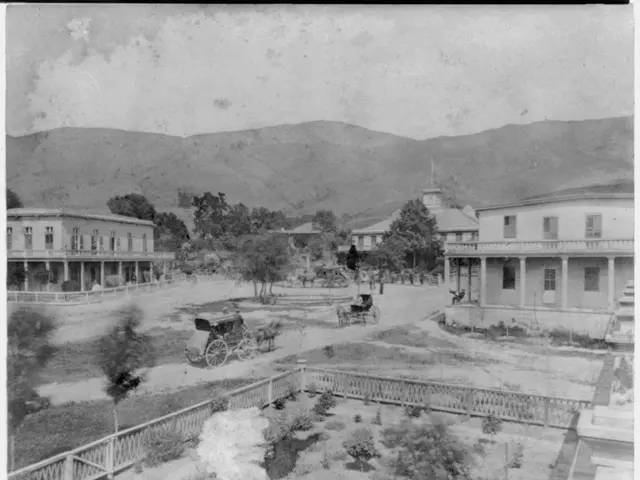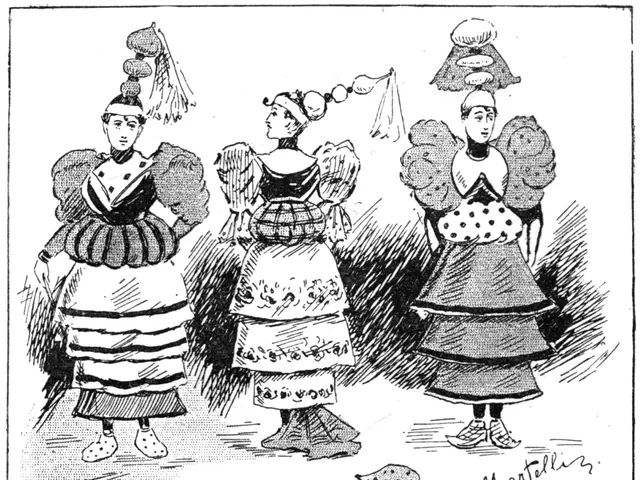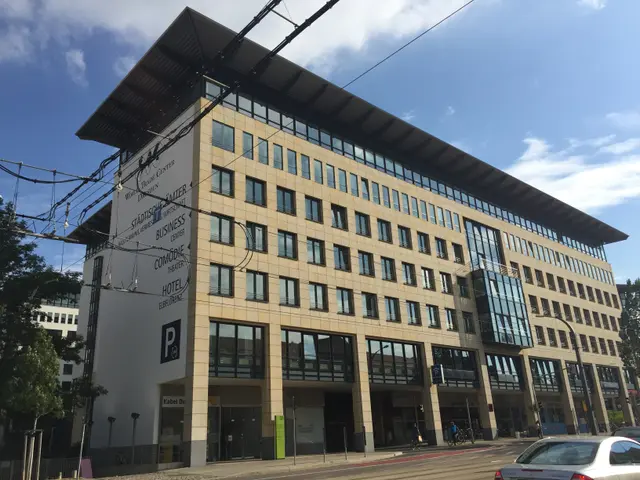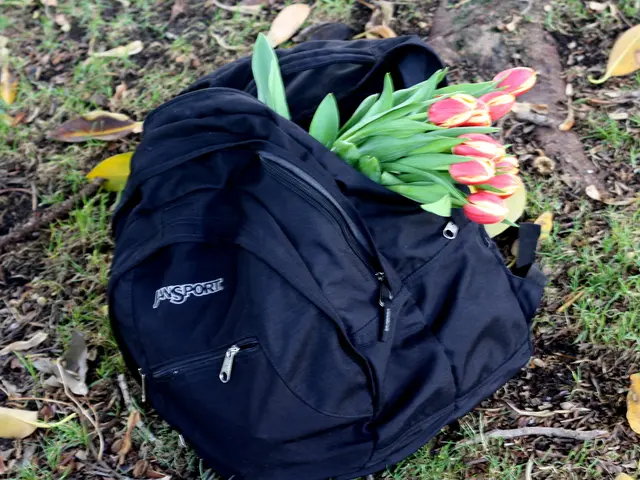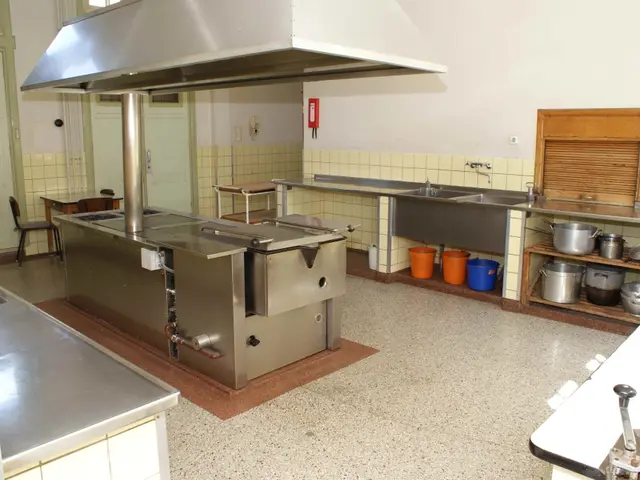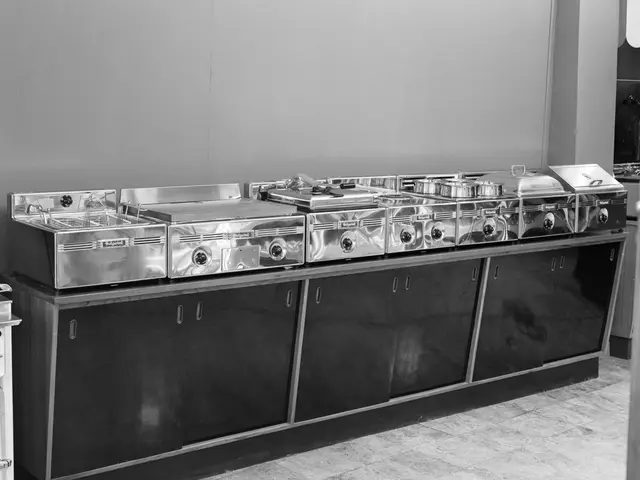Graduation celebrations may cost parents as much as 40,000 rubles.
In 2025, parents of Russian graduating school students are projected to spend between 29,000 to 39,000 rubles on graduation ceremonies and accompanying attire, according to a survey conducted by the "SuperJob" service. Three thousand parents of graduates from various regions across the country participated in the study.
The average expenditure for a ninth-grader's graduation is roughly 29,000 rubles, while for eleventh-graders, it climbs to approximately 39,000 rubles. The largest portion of these expenses is allocated towards organizing the events, with an average of 13,000 rubles spent on a ninth-grader's graduation, 15,000 rubles in Moscow, and 14,000 rubles in St. Petersburg. For eleventh-graders, the average cost is higher, at 19,000 rubles nationwide, 23,000 rubles in Moscow, and 21,000 rubles in St. Petersburg.
Comparatively, the cost of graduation ceremonies has risen over the past year by 8% for ninth-graders and 12% for eleventh-graders. Interestingly, a small percentage of students elect not to participate in the graduation ceremony, with 7% of ninth-graders and 5% of eleventh-graders making this choice.
Significant expenses are also incurred on purchasing attire. For ninth-grade students, the average cost for clothing and footwear is 16,000 rubles for boys and 14,500 rubles for girls. For eleventh-graders, the cost increases to 18,500 rubles for boys and 20,500 rubles for girls. In Moscow and St. Petersburg, these figures can reach up to 23,500 rubles for girls.
Not every parent invests in new dresses or suits for their children. Approximately every fifth parent of a ninth-grader and every sixth parent of an eleventh-grader opt out of purchasing new attire. Girls tend to have better luck in this regard, as only about 10% will need to do without a new dress.
These figures reflect general trends in Russian educational practices and are not based on official statistics. For precise, up-to-date figures, it is advisable to consult local educational authorities or parent associations.
Russian graduates typically invest in personal formal wear rather than standardized caps and gowns, with costs higher in major cities and for older students. Graduation ceremonies in Russia are usually simple and state-funded, with additional expenses incurred from optional activities, gifts, and photography. The most substantial expenditures occur at the 11th-grade secondary school graduation, with primary and basic school events tending to be less elaborate and less costly.
I'm not sure if considering the cost of sustainable living can be compared with the expenditure on graduation ceremonies, but it might be interesting to note that the average spending on home-and-garden projects for promoting sustainable-living could potentially be allocated towards reducing the cost for graduation ceremonies and attire. This could result in a more budget-friendly lifestyle for Russian parents in the future.

